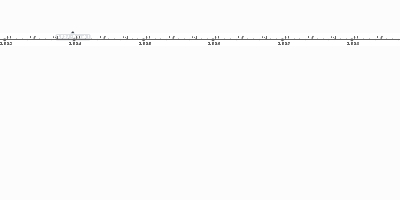jan 1, 1770 - The Boston Massacre
Description:
Samuel Adams, a key revolutionary leader, was leading the Sons of Liberty, which was a group of people who would help public protests and stir up resistance in the colonies, against the British government.In 1766, Samuel Adams and the attorney James Otis crafted a letter that was sent to the other colonies, stating and explaining why taxation without representation was illegal. The intent behind the letter was to unite Colonies against British taxation.
Of course the British government didn’t like the letter and ordered the Massachusetts Assembly to withdraw the letter; when they refused the British government dissolved the assembly altogether.
Additionally, in response to the letter, the British government sent 4000 solders to Boston to maintain order. Some colonists (Loyalists) welcomed the soldiers, whereas others would feel threatened by them (Patriots).
In 1770, the British economy was suffering due to the colonists’ boycotts on British goods, therefore, Lord North, the Prime Minister, changed the Townshend Acts. But the British troops were still in Boston, causing a lot of tension.
In 1770, one soldier who was standing outside of the customhouse, got harassed by a colonist. Things just got worse when more soldiers arrived and someone rang the town fire bell attracting more and more people; among them was Crispus Attucks, a former slave and descendant of African and Natives.
The crowd continued to throw ice and insults at the soldiers; one soldier was knocked down and he fired into the crowd; the other soldiers followed him. 5 people died, and 8 were injured, including Crispus, who’d become one of the first martyrs of the revolution.
After this incident, which became known as the Boston Massacre, the soldiers were tried for murder, and their defendant was John Adams (Sam’s cousin) who stated that soldiers had been provoked first. Most soldiers were acquitted, and two convicted for manslaughter were punished lightly.
The British Government also ended up revoking the Townshend Acts, but kept the tax on tea. And even though most of these acts were repelled, there were other acts still in place, such as the Quartering Act, Sugar Act, and Currency Act.
Added to timeline:
Date:
jan 1, 1770
Now
~ 255 years ago
